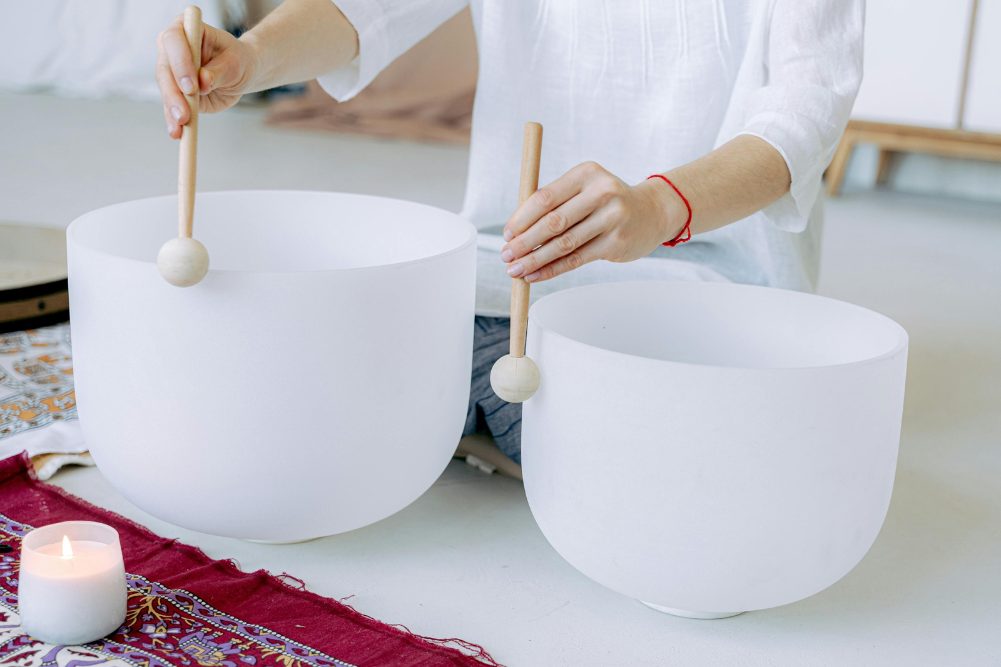Music to your brain
Music has many powers: it can set the mood for a romantic interlude, it can get a party rocking, it can soothe a nervous dental patient, it can elevate the spirit, and according to new research it can rebuild your brain within two weeks.
“Neuroplasticity†is a concept that is receiving a lot of attention in the popular and scientific literature lately. It refers to the fact that we now know that your brain automatically reconstructs itself in response to any given task so that its structure is suited to the new demands. This has reworked the previous belief that brain structures were basically established and unchangeable from early adulthood. Neuroplasticity acknowledges that your brain will automatically create better connections between frequently used parts of your brain and withdraw resources from those less used parts.
In two new studies it has been shown that practising music quickly and dramatically instigates neuroplastic processes.
The first study involved people with no background in music who completed ten 35-minute practice sessions on a piano keyboard within a two week period. Before and after the training the researchers measured hand movement function and brain activity. All subjects showed improvement in motor skills, improved harmonisation between the two hands, and changes in the brain’s cortex.
The second study again involved people who were inexperienced musically and were divided into three groups with each group having ten 30-minute sessions over two weeks. One group was given a task for their right hand that involved playing a sequence of notes while following the rhythm of a metronome. A second group had the addition of a piece of music with the same rhythm as the metronome and a third group had the more complicated task of listening to music with a faster pace than the metronome.
All three groups showed an increase in dexterity. There was also a substantial increase in the grey matter areas in the brain involved in co-ordinating movement. In the group with the more complicated task of listening to music with a faster pace there was an even greater change in the brain’s grey matter.
It seems musical stimulation coupled with hand exercise increases improvements in motor performance and boosts neuroplasticity. Not only does music have charms to soothe the savage beast, it has powers to rebuild the bored brain.







